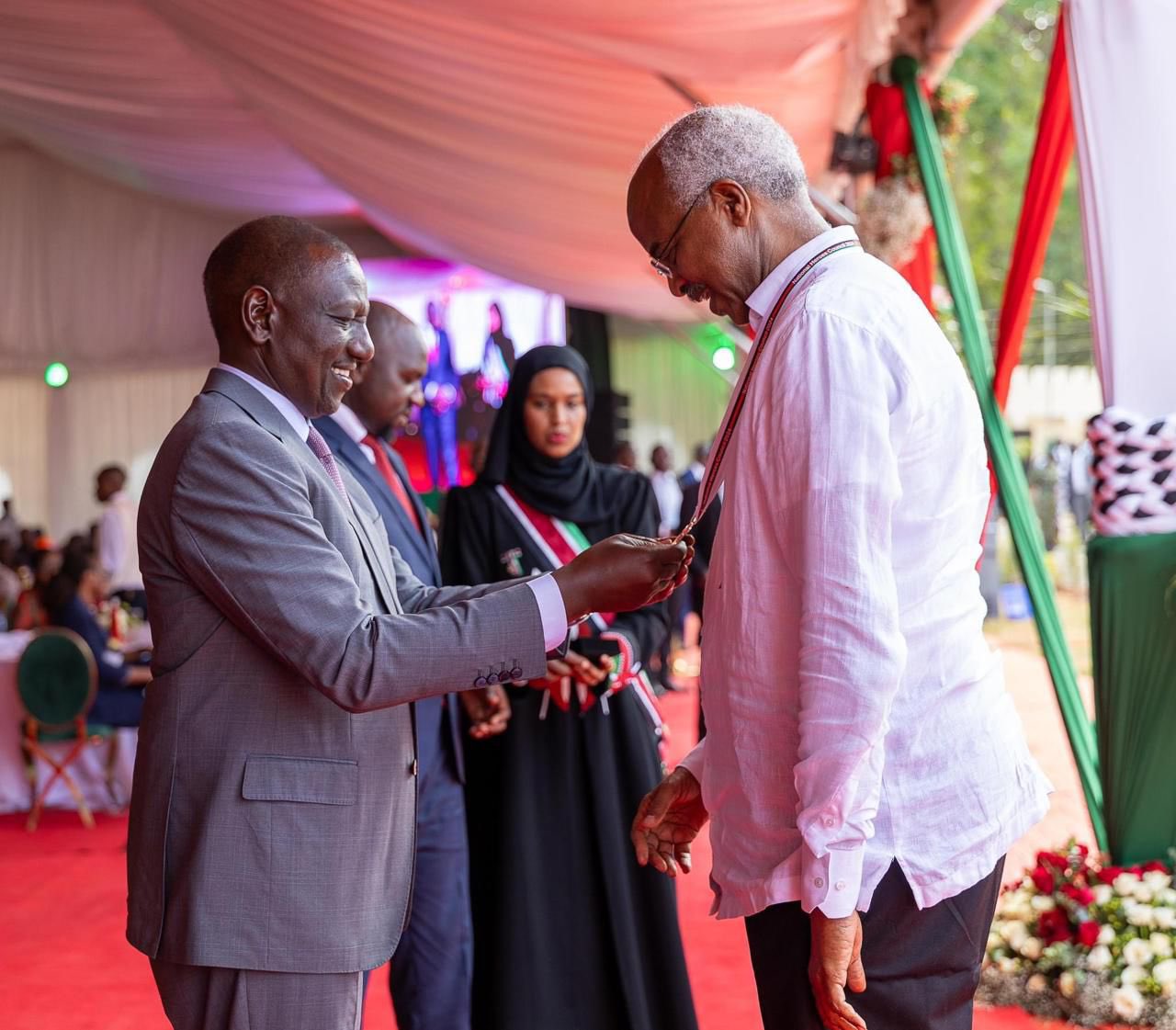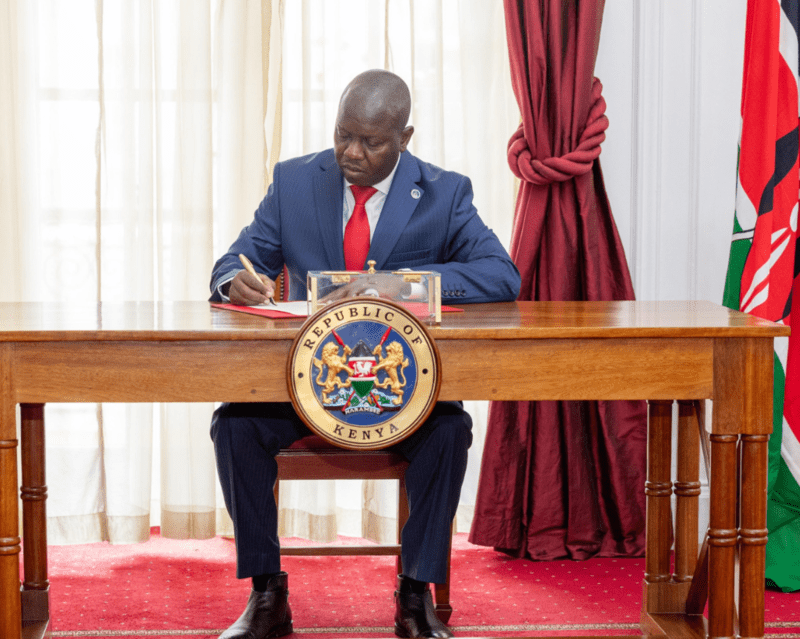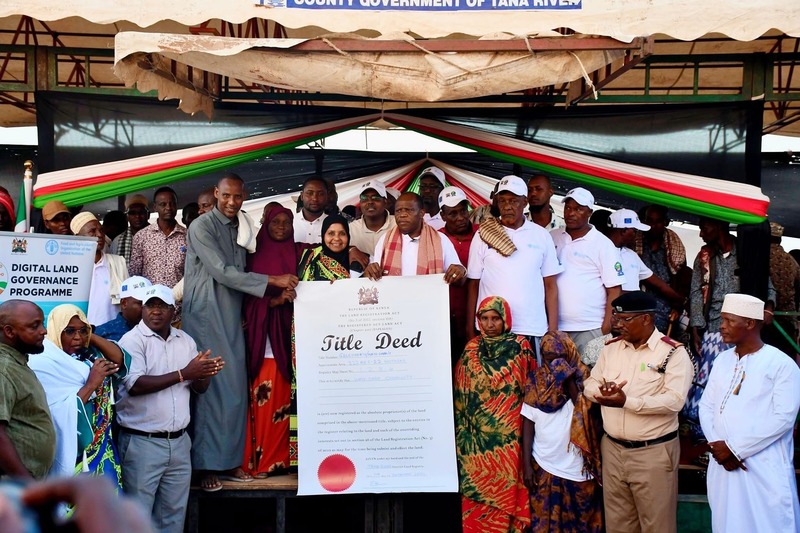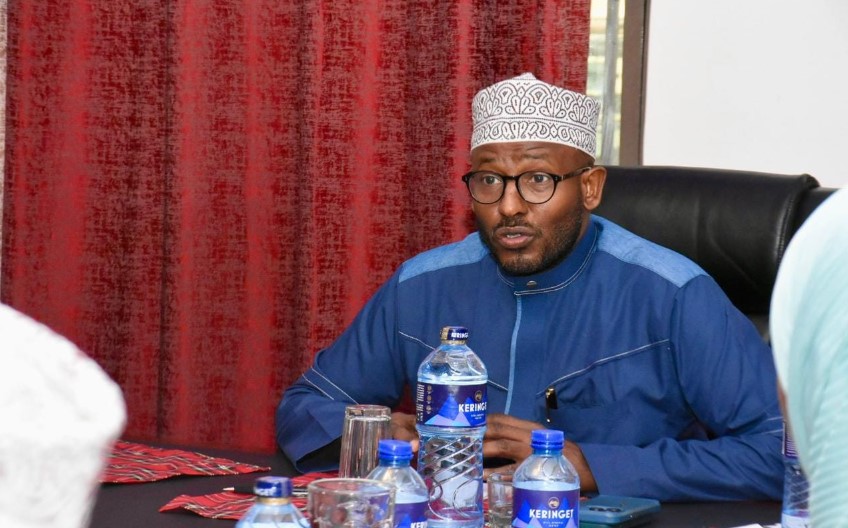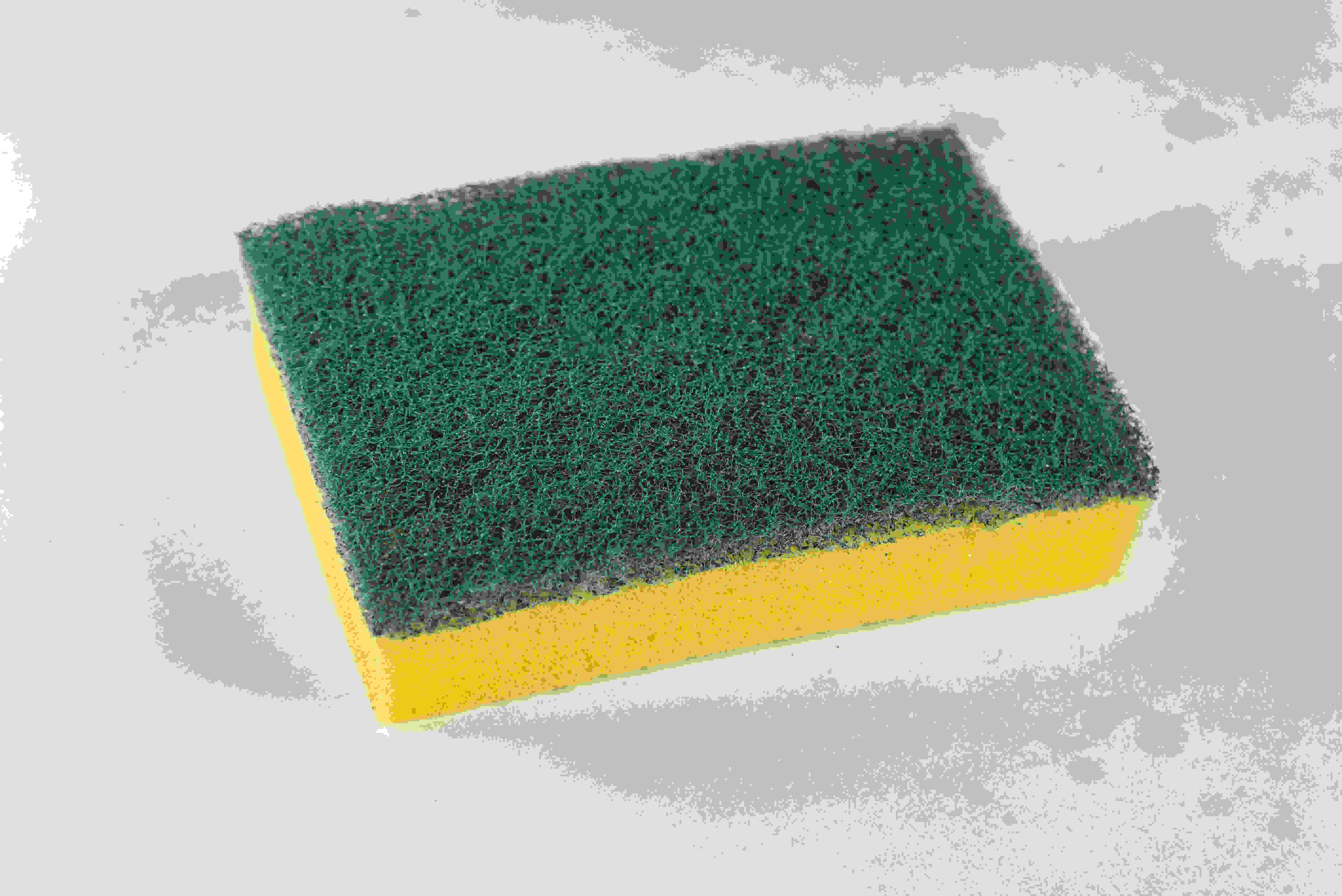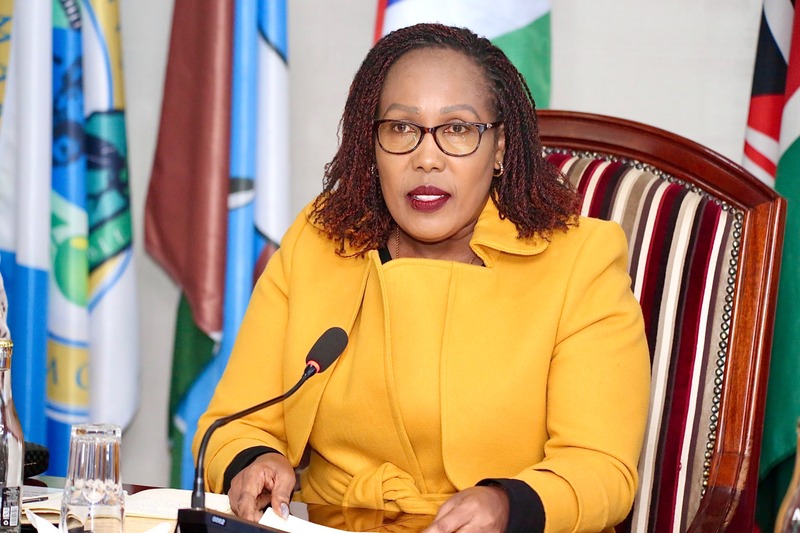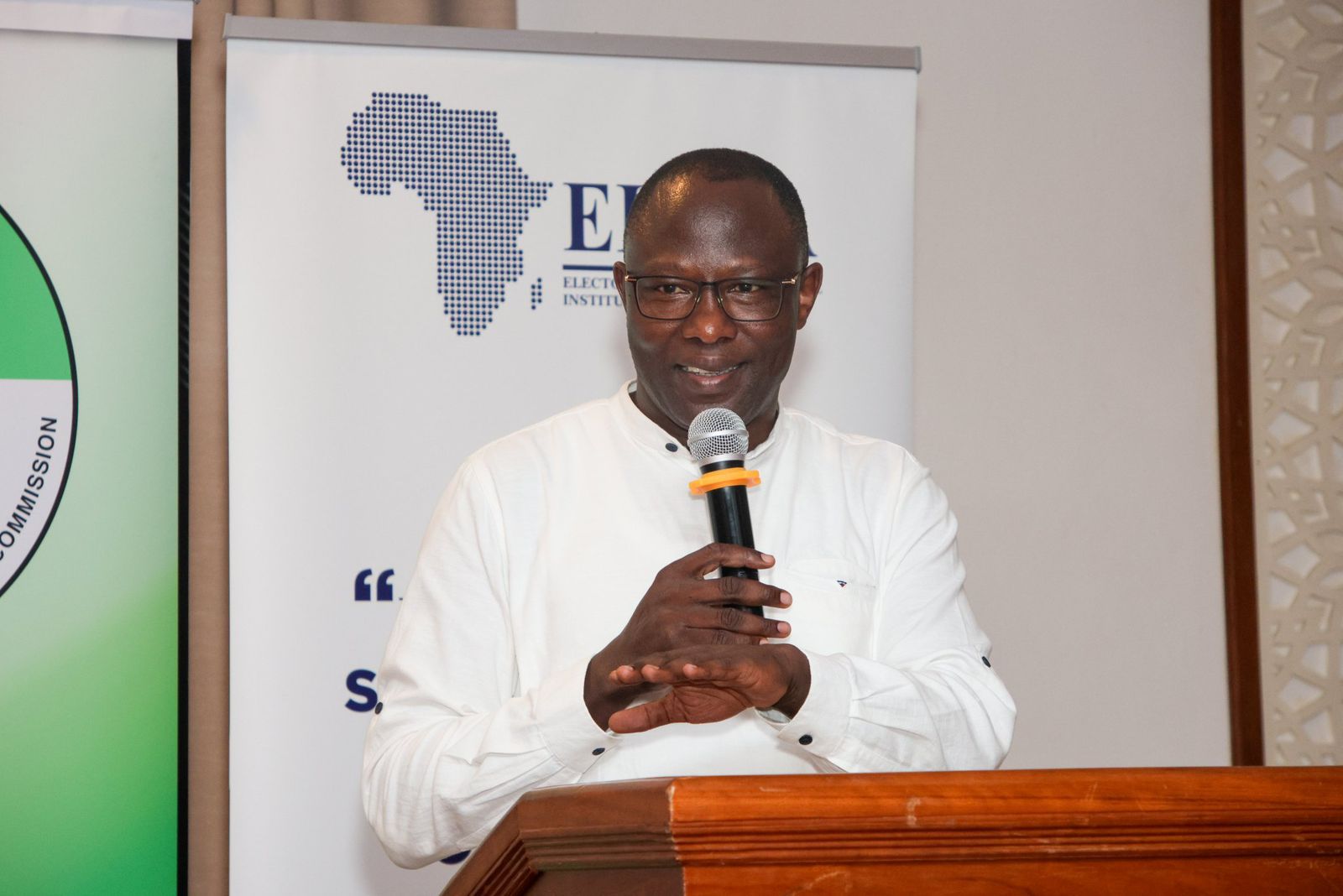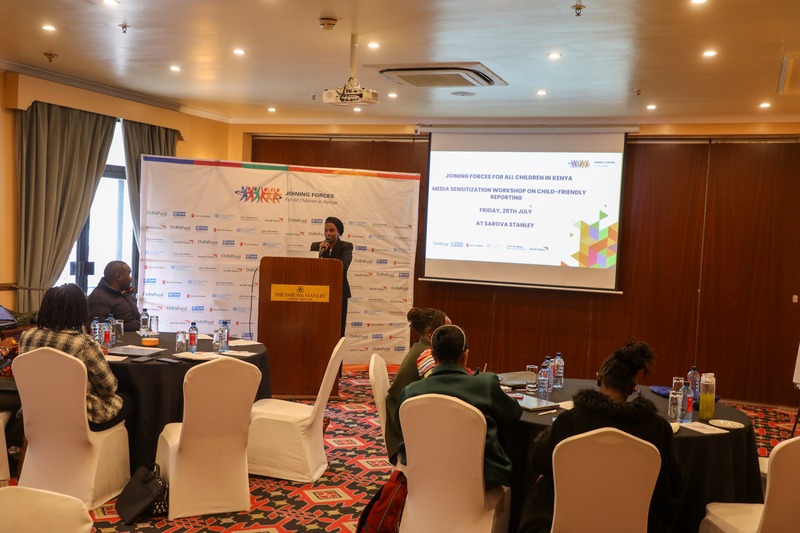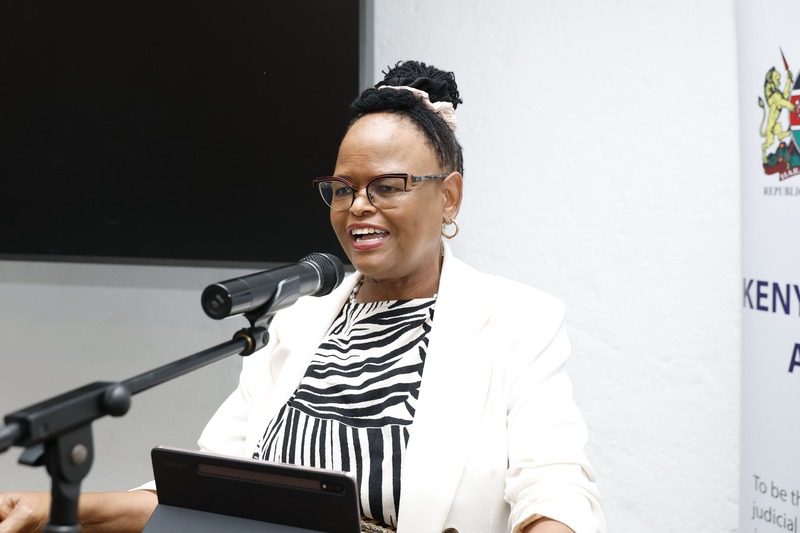MPs propose special seats to meet Kenya’s two-thirds gender rule quota

The Bill seeks to change Articles 90, 97, and 98 of the Constitution to ensure that no more than two-thirds of the members of both the National Assembly and the Senate are of the same gender, as required by Article 81(b).
The National Assembly is making a renewed attempt to comply with the constitutional two-thirds gender rule through a proposed law that would introduce special top-up seats after elections.
The initiative is led by Deputy Speaker Gladys Boss, Dagoretti North MP Beatrice Elachi, and Laikipia Woman Representative Jane Kagiri, who are spearheading the Constitution of Kenya (Amendment) Bill, 2025.
More To Read
- Senators propose Bill to expand powers in fresh bid to counterbalance National Assembly
- Kenya backs gendered peace model, urges IGAD to act
- Senators, Woman Reps face lowest re-election chances in 2027 poll - survey
- Petition to dissolve Parliament, Senate over gender rule forwarded to CJ Martha Koome
- President Ruto, Koome, Raila lead tributes as gender equality icon Phoebe Asiyo dies at 93
- Woman Rep office least understood and engaged with, Transparency International report finds
The Bill seeks to change Articles 90, 97, and 98 of the Constitution to ensure that no more than two-thirds of the members of both the National Assembly and the Senate are of the same gender, as required by Article 81(b).
“The principal object of the Bill is to ensure the membership of the National Assembly and Senate conforms to the two-thirds gender principle provided for in Article 81 (b) of the Constitution,” the memorandum of the Bill states.
Under the proposed law, additional seats would be created after each general election to bridge any gender gap that arises, and these seats would be distributed to political parties based on the number of seats they won.
The Bill includes a 20-year limit for the top-up system, with an option to extend it for another 10 years if necessary.
“It is expected that by that time, enormous gains will have been made concerning gender parity in elected members of Parliament,” the memo reads.
If the top-up provision needs to be extended beyond the 20-year window, it would require support from 233 MPs and 31 senators.
The amendment is in line with one of the proposals made by a task force under the National Dialogue Committee (Nadco), which had suggested the system be applied to the current Parliament.
However, the Justice and Legal Affairs Committee said the recommendation was too ambitious to be implemented immediately.
If the Bill is passed, parties will be required to submit zebra lists to top up the underrepresented gender whenever the gender rule is not met through the election results.
At present, the National Assembly has 81 women compared to 264 men, which represents just 23.2 per cent female representation - far below the required one-third.
In the Senate, there are 46 men and 20 women, meaning at least three more women are needed to meet the gender requirement.
In a scenario where no woman is elected to the National Assembly, the Bill provides for 104 top-up seats, while seven would be added in the Senate under the same condition.
Despite the renewed push, the Bill faces the same challenge that has derailed previous attempts - failure to secure the required 233 votes.
The issue has persisted across several parliamentary terms, even prompting former Chief Justice David Maraga to advise President Uhuru Kenyatta to dissolve the 12th Parliament for failing to implement the gender rule.
The long-standing failure to comply has continued to undermine representation for women, persons with disability, and other marginalised groups.
If passed, the Bill would mark a significant shift toward achieving gender equity in elective offices, though questions remain about the constitutionality and practical implementation of the proposed changes.
Top Stories Today
